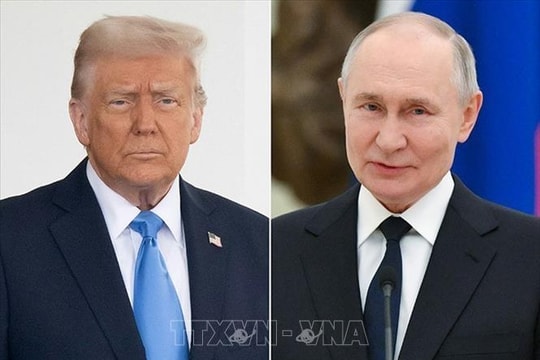Russian President V. Putin calls for 'building a symphony of human civilization'
With the instability and conflicts that the world is facing, Russian President V. Putin believes that there are only two ways: Continue to endure or together find solutions to make the world more stable and secure.
On October 27, speaking at the Valdai International Discussion Club meeting, Russian President V. Putin pointed out the instability and conflicts that the world is facing. According to him, there are only two ways, either continue to endure, or together find solutions to make the world more stable and safe, "building a symphony of human civilization".
Russian President V. Putin reiterated Moscow's proposals to Western partners to build trust and build a collective security system last December, but "they were simply thrown aside".
He accused the West of taking a number of steps to escalate in recent years and especially in recent months, such as provoking conflicts in Ukraine, provoking provocations around Taiwan, destabilizing world food and energy markets, and destroying shared European gas pipelines. He considered these to be systemic errors by the West.
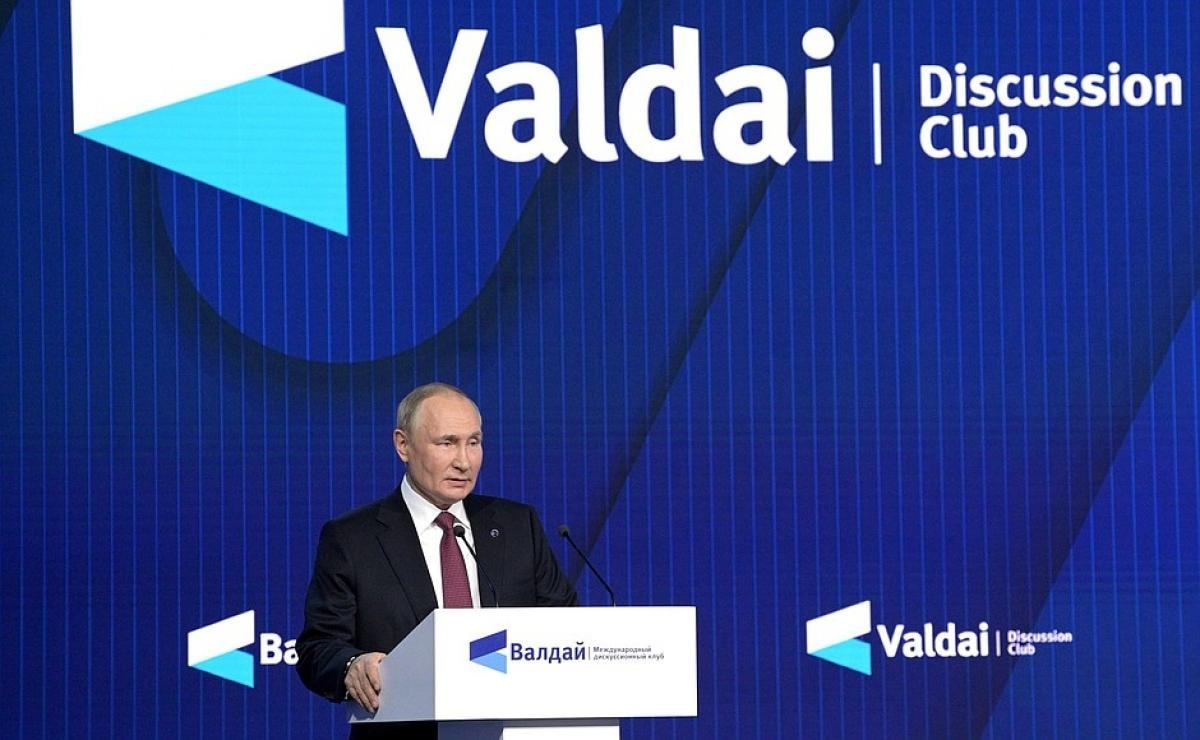 |
| Russian President V. Putin speaks at a meeting of the Valdai International Discussion Club. Photo: kremlin.ru |
President Putin stressed that, “you reap what you sow”, the crisis has truly become global, it affects everyone: “In fact, humanity now has two ways: either continue to accumulate the burden of problems that will inevitably crush us all, or together try to find solutions, albeit imperfect, but effective, capable of making our world more stable and safer.”
The Russian leader believes that sooner or later, both the new centers of the multipolar world order and the West will have to start an equal conversation about a common future for us, and of course the sooner the better.
He reminded that, “the collapse of the Soviet Union also destroyed the balance of geopolitical forces. The West felt itself victorious and declared a unipolar world order, in which only its will, culture, and interests had the right to exist. Now, the historical period of Western domination in world affairs is coming to an end, the unipolar world is becoming a thing of the past. Most of the peoples of the world no longer want to compromise with them. This is the main contradiction of the new era. To resolve this contradiction constructively is the main historical task today.
President Putin said that we are standing at a historic milestone, ahead of what is perhaps the most dangerous, unpredictable and at the same time crucial decade since the end of World War II. Changing milestones is a painful process, but natural and inevitable. The future world order is being formed before our eyes.
“In this world order, we must listen to everyone, take into account all points of view, all peoples, all societies, cultures, all systems of worldviews, ideas and religious beliefs, not impose any truth on anyone, and only on this basis understand our responsibility for fate – the fate of peoples, of the planet, to build a symphony of human civilization,” the head of Russia said.
President Putin stressed that in the current conditions of fierce conflict, he said frankly, Russia is an independent civilization that has never considered itself an enemy of the West and does not consider itself an enemy. Russia does not challenge the Western elite but simply defends its right to exist and develop freely. At the same time, the country itself will not become some kind of new hegemon.
The Valdai International Discussion Club meeting took place from October 24 to 27 in Moscow. The theme of the meeting was “The World after Hegemony: Justice and Security for All”. Traditionally, President Putin has met with the participants of the Valdai Club since its establishment in 2004. This year, Valdai brought together more than 100 experts, politicians, diplomats and economists from over 40 countries. Moreover, due to the changing geopolitical situation and the renewal of Russia's partnership system, there were more participants from the Middle East, Asia, Latin America, Africa and the Commonwealth of Independent States./.

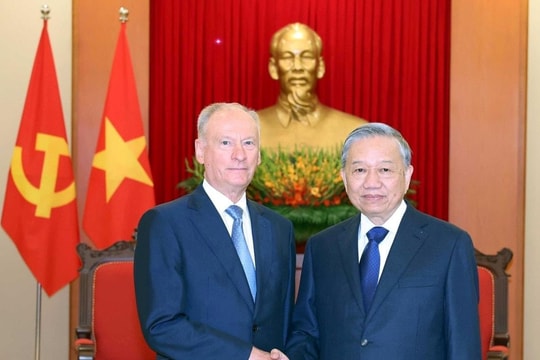
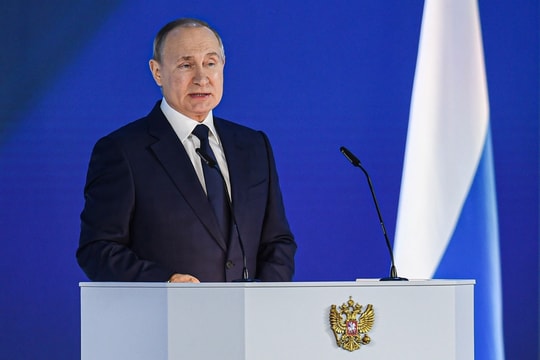

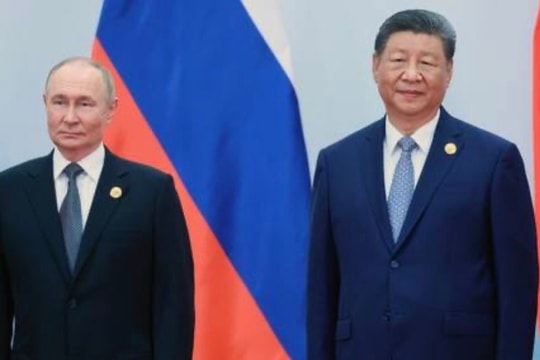
.jpg)
